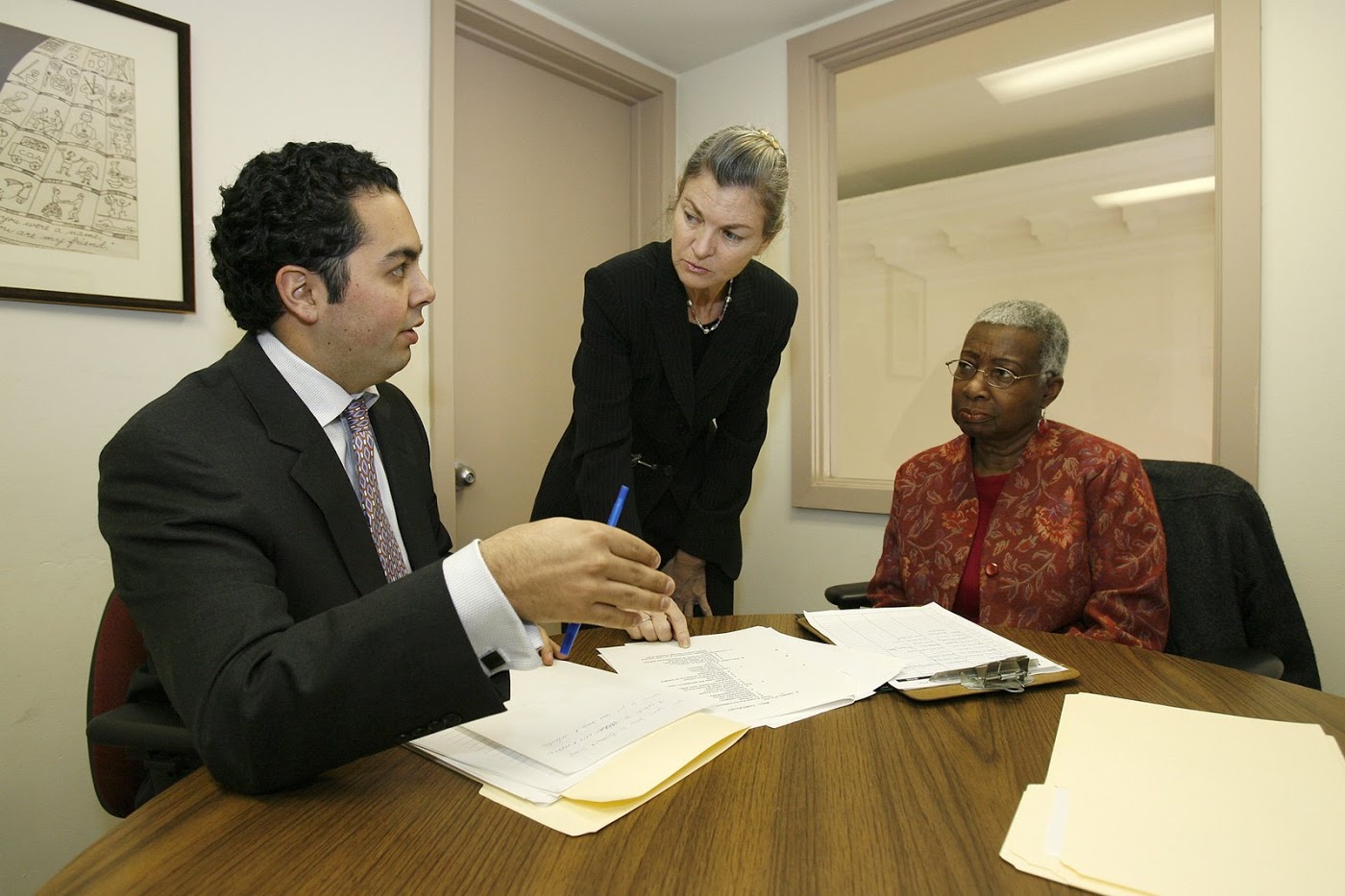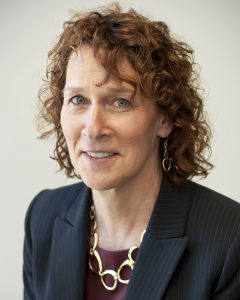Part of the reason I went to law school was to learn to help people I know navigate the very confusing world of growing old. The Elderly Law Clinical gave me the chance to apply the knowledge I had acquired in my Law & Aging class to real-world situations faced by Philadelphia Seniors.
To get the most out of the Clinical, taking Professor Kroll’s Law & Aging class is a critical prerequisite. The class gave me a basic understanding of many issues that came up in our discussions of client issues – social security and healthcare planning, long term care issues, etc. Additionally through our discussions in that class, I learned to think about issues specific to senior clients which, normally, I wouldn’t have considered. I would never have thought about tuning the aesthetics of an office for aging eyes and ears, or for accessibility. Professor Kroll used real life examples to stress the importance of realizing who our client truly is, and the difficulty, yet critical importance, of assessing capacity. These discussions in the classroom went a long way toward preparing me for my interactions with my clients.
In our very first clinical class, Professor Kroll explained that she runs the clinical as if it were a law firm. She considers herself the senior partner and we, the students, her associates. From that moment on, she treated us as colleagues, and we all considered ourselves peers, but lawyer peers, not students. When one of us encountered a difficulty with a client issue, we brought it to the group to brainstorm a resolution. I gained many insights from listening to the different perspectives that we brought to each situation.
At the start of the semester, we toured the various senior centers where we could be placed. It was a fascinating experience just to see the variety of facilities that are available to the seniors in the city. Each senior center had a very different feel and a different clientele. Professor Kroll wanted us to see all of them so that we could see first-hand the diversity of senior clients one can have in the same geography. After touring the various centers, we all discussed the various centers and where we hoped to be placed for the semester. Professor Kroll worked to accommodate all of our preferences.
One of the great things about a clinical like this is the unexpected teaching moments. One such moment occurred during our tour of the Center in the Park facility. A staff member was showing us the cafeteria in the center. A gentleman in ragged clothes came over to our group and started talking with us. He seemed a little confused. Several staff in the cafeteria, who knew the man, came over to shoo him away from us. But Professor Kroll calmly continued listening to the man, finished the conversation, and ushered him back to his meal. She treated him with dignity and respect. I think her compassion in dealing with him was a lesson not only to us, but also to the workers and other seniors in the cafeteria.
The clinical has two parts – placement at a senior center and case review in the classroom.
My placement was the West Oak Lane Senior Center. Each day, I arrived having no idea what type of legal issues I would encounter. Many of my clients just wanted wills and healthcare directives. Each client’s personal situation had different nuances which added challenges to the work. One woman had severe health issues and several medical class action suits that had to be considered in her will. Another lived with her husband, but wanted him to get the least possible from her estate. Another woman came to see me for several weeks and each time had a laundry list of issues for which she wanted assistance. I needed to navigate which were legal issues with which I could help, and which were not. Some issues she brought to me were for her physically handicapped adult son, which placed us squarely within the question, “who is my client?” She wanted help for him but I didn’t know if he had the capacity to make his own decision about receiving the help. As she wouldn’t let me talk with him, I had to decline to assist her in this case. I dealt with car and home insurance issues, consumer complaints, and probate problems. I performed legal research, drafted documents, and just listened to people who needed a sounding board.
One day, one of my clients arrived at the center with containers of fruit. She said a nearby church was giving away free produce and suggested I go get some. I explained I had to meet with clients. Fifteen minutes later, she walked into my ‘office’ and handed me fruit. She had gone back and gotten some for me. We had obviously made a connection.
The case review sessions were incredible learning experiences for all of us. Each of us, including Professor Kroll, presented problems or unique cases to the group. We then discussed the issues, providing our different perspectives, and collaborating on the solution. The assistance and advice I received from my peers during these sessions was invaluable. I hope as I continue my legal career that I can continue to work with people as caring and supportive as I found in this clinical.



